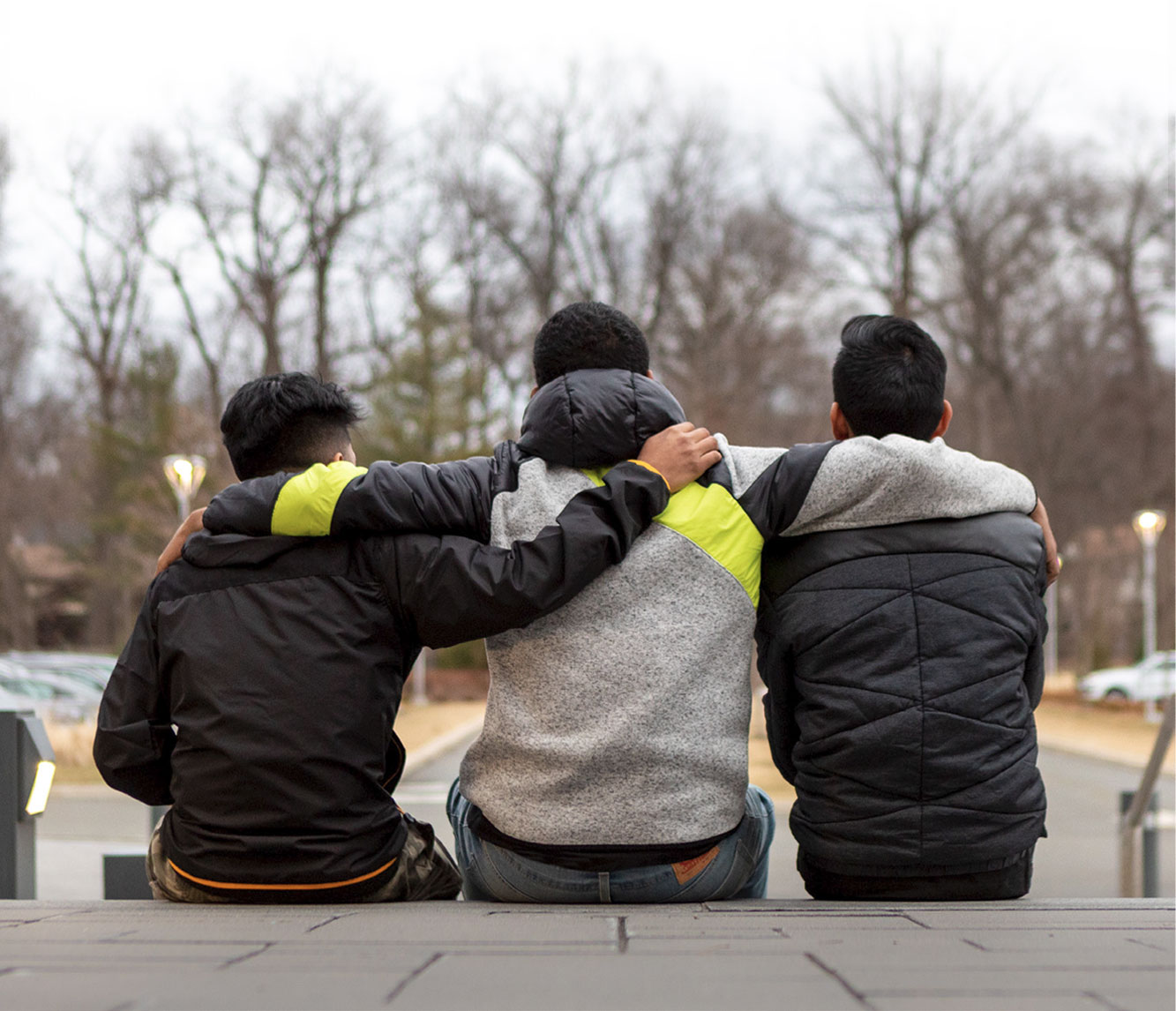IMMIGRATION
- Winning Classwide Protection for Older Juveniles
- Preventing the Removal of Children with Special Immigrant Juvenile Status
- Advocating to Reunite Separated Families
- Launching the New Jersey Consortium for Immigrant Children
- Easing the Way for Parents to Identify Alternative Caregivers for Their Children
- Celebrating Victories!
Winning Classwide Protection for Older Juveniles
USCIS STATES THAT IT HAS NOW GRANTED SIJS TO 70 percent OF THE MORE THAN 750 JUVENILES IT IDENTIFIED AS POTENTIAL MEMBERS OF THE CLASS.
Through a federal class action, W.A.O. v. Cuccinelli, Lowenstein secured swift and critical relief for young immigrants threatened by a government policy that arbitrarily denied them Special Immigrant Juvenile Status (SIJS) and exposed them to unlawful deportation.
Congress created SIJS to protect immigrant children who are unsafe in their own families. SIJS gives these children the opportunity to remain legally in the United States so that they do not have to repatriate with, or rejoin, unfit parents. First, the child must appear in a state family court to seek a safe custodial placement or similar protection. In the course of the family law proceeding, the court may make specific findings related to SIJS, including that reunification with one or both of the child’s parents is not viable because of abuse, neglect, abandonment, or something similar, and that it would not be in the child’s best interest to be returned to his or her country of origin. The child may then rely on these state court findings to apply to federal immigration officials for SIJS.
Each of the named plaintiffs in the class action qualified under these standards. For example, N.L.J. was abused by his alcoholic father, abandoned by his alcoholic mother, and repeatedly assaulted by local gang members in his home country. He fled and was reunited in the United States with his older sister. Eventually, a New Jersey family court awarded her custody of N.L.J. and made findings of abuse, neglect, and abandonment as to both of their parents. Similarly, K.M.R.L. fled after his father died and his mother put him to work in a factory for 18 hours a day when he was 12 years old. When he crossed the border, the government apprehended and detained him before releasing him to his older brother in New Jersey. The state family court later placed K.M.R.L. in his brother’s legal custody. In both cases, the state court also found that, although each juvenile had reached age 18, they remained dependent on an adult for care and support as both were still in high school. Neither one, the courts found, could be safely returned to his home country because their lack of parental protection would make them especially vulnerable to violence and exploitation.
In late 2018, however, the U.S. Citizenship and Immigration Services (USCIS) had begun denying SIJS to juveniles who had obtained New Jersey family court orders after the juvenile’s 18th birthday, even though federal law allows applicants to petition for SIJS until they turn 21. USCIS had misread state law to conclude that the New Jersey family court lacked jurisdiction to make the necessary child welfare findings for juveniles between the ages of 18 and 21. The agency therefore delayed, questioned, and denied the SIJS applications of hundreds of juveniles in this age group.
In a federal suit against USCIS and its parent agency, the Department of Homeland Security, the firm obtained a preliminary injunction on July 3, 2019, ordering USCIS to adjudicate SIJS petitions for this class of juveniles in conformity with federal and state law. The injunction also required the government to reassess and correct past denials and other harms. The court put the onus where it belongs: on the federal agency that had adopted and implemented the illegal policy, rather than on the juveniles who suffered from it. With the consent of the defendants, the court also ordered the government to defer deporting juveniles in the class for six months.
Following entry of the preliminary injunction, the firm vigorously pursued effective remedies for all the juveniles affected. To comply with the court’s orders, USCIS has reconsidered, and granted, dozens of SIJS petitions that it had previously denied or revoked, and scores of additional petitions it had previously questioned or signaled its intention to deny. The parties are now discussing possible settlement on terms that will prevent unlawful denials and deportations going forward.
